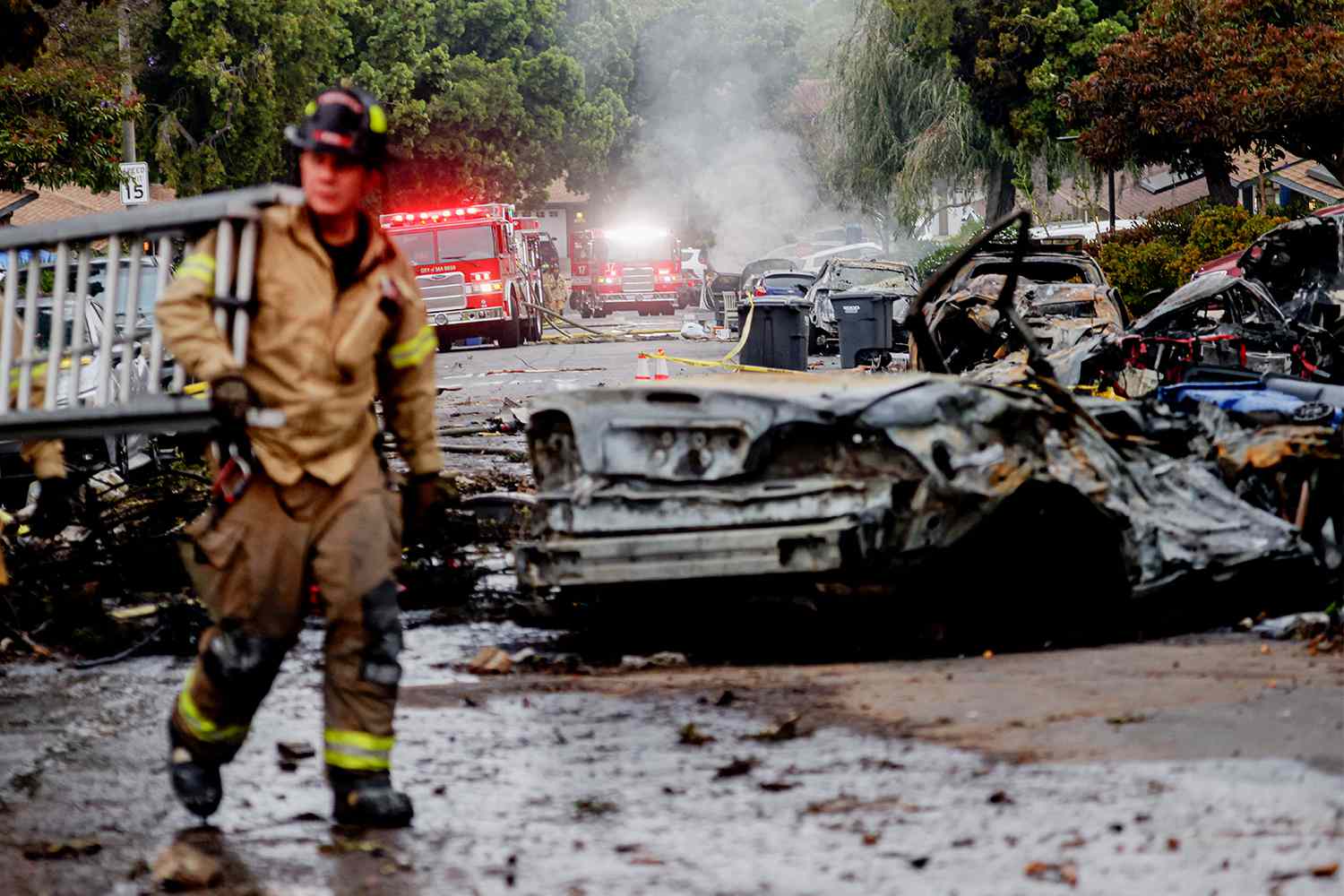The day of April 28, 2025 became an unforgettable day for the people of Spain and Portugal. Around noon, a blackout occurred which left both the countries almost completely in darkness. Crores of people were left without light, phone signals and internet, and thousands of people got stuck in trains. Such a blackout was not only unusual, but also became a very big incident in European history.
How did all this start?
At 12:33 pm, the Spanish power grid suddenly lost 15 gigawatts of power — 60% of Spain’s national demand — in just 5 seconds! Imagine, everything went down in a moment. PM Pedro Sánchez addressed the nation saying, “We have never seen such a total collapse of the system.”
What was the reason behind it?
So far, the authorities have not found the exact cause. However, the possibility of a cyber attack has mostly been eliminated. The Portuguese National Cybersecurity Center also said there was no evidence of any cyber attack. The European Commission’s energy head Teresa Ribera called it one of the “most serious episodes in Europe’s recent history”. The leaders of both Spain and Portugal said all possible causes were being investigated, but no link to terrorism or cyber warfare had been found so far.
How did the effects appear?
Railways and Public Transport
The rail networks of both Spain and Portugal came to a complete halt. In Spain, about 35,000 passengers got stuck in 100+ trains. Emergency teams and railway workers started the evacuation together, but some passengers were still stuck in the trains till 11 pm.
The condition of public transport in Madrid and Lisbon was even worse. Thousands of people were standing at bus stops, some people were seen asking for lifts to go to the airport.
Jessica Fernández, who was on her way to the airport to receive family members, told Appletweet “I have been waiting for ten hours. Neither the phone is working nor the bus is coming. It is a very scary experience.”
Hospitals and Emergency Services
Hospitals used backup generators. Emergency services were active, but at limited capacity. Mobile networks and internet both collapsed, due to which people were not able to reach their close ones.
Gas stations were closed, ATMs and card machines failed. People tried to listen to the news on radio or battery-operated devices.
Airports and Travel
Airports like Madrid and Barcelona shifted to backup electricity. Many flights were delayed and some were cancelled. Terminals in Lisbon airports had to be temporarily closed and tourists waited outside the airport.
Marc Brandsma, a Dutch tourist, said: “No flights have arrived or left in the last 50 minutes.”
The Madrid Open tennis tournament also had to be suspended, and the functioning of the Spanish Parliament was also stopped.
How was the atmosphere in the cities?
Traffic jams occurred in big cities like Madrid, Barcelona, Lisbon. Signals went off and people were seen controlling traffic manually.
But some people also took this situation in a positive way. A local from Barcelona, Monste Cortés, said: “We are lucky. People must have got stuck in the metro. Well, it’s good – people are talking too much.”
She tells me that today there will be only cold cuts and bread for dinner!
Emergency Steps Taken
Spain’s PM called an emergency meeting of the National Security Council and ordered the army to distribute generators and essential supplies.
Portugal’s PM Luis Montenegro also talked to the Spanish PM multiple times and ensured there were no coordination problems.
Spain started pulling emergency electricity from Morocco and France, production was increased from hydro and thermal plants.
Hope for recovery
Almost 50% of Spain’s power supply was restored by 11 pm. PM Sanchez has promised that electricity will be restored in the homes of all 48 million people by Tuesday. Situation is slowly becoming normal in Portugal too.
A different day in people’s lives
This blackout made the people of the Iberian Peninsula realise their dependence on technology. Mobile network, internet, card payments – when everything went out of order, only then did we realise how much we rely on these things.
Many people were seen enjoying the sunshine with friends and strangers, while others spent time in parks and beaches.
Ivette Corona, a Barcelona resident, said while waiting to find a place on a bus: “I don’t know how I’ll get home.”
And many people who are normally busy with work were seen today on open terraces and parks, chatting with each other.
What did you learn from this?
The blackout reminded us how important emergency preparedness is basic things like battery-operated radios, cash, emergency food supplies should be ready in every home in the future.
At the same time, this was a big wake-up call for the authorities that timely inspection and upgrade of infrastructure and backup systems is necessary.




Leave a Reply